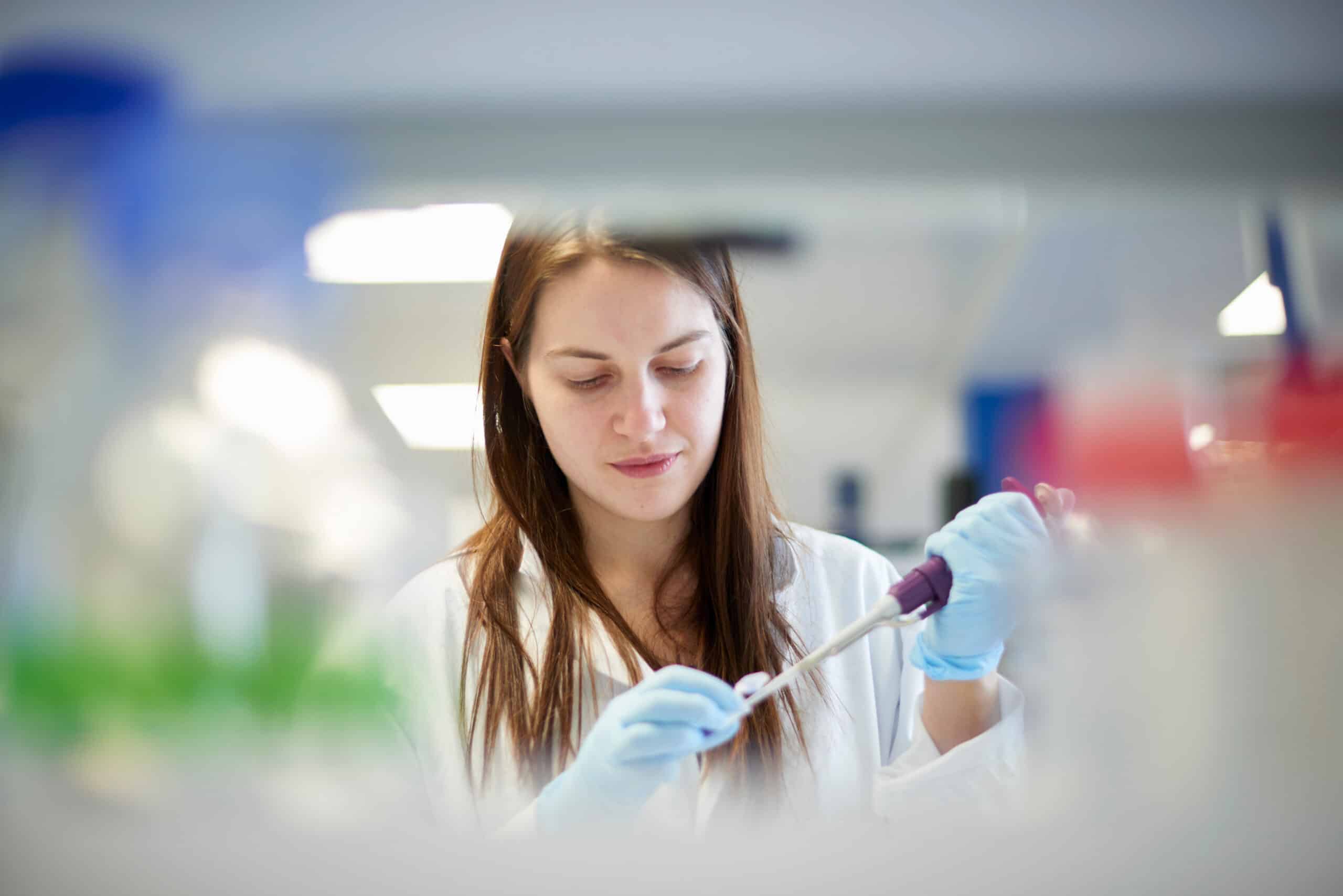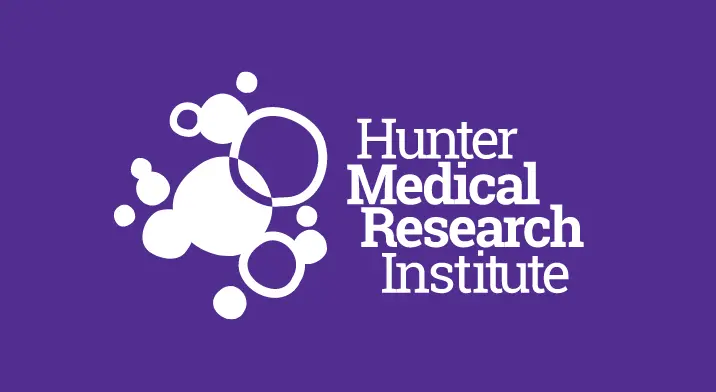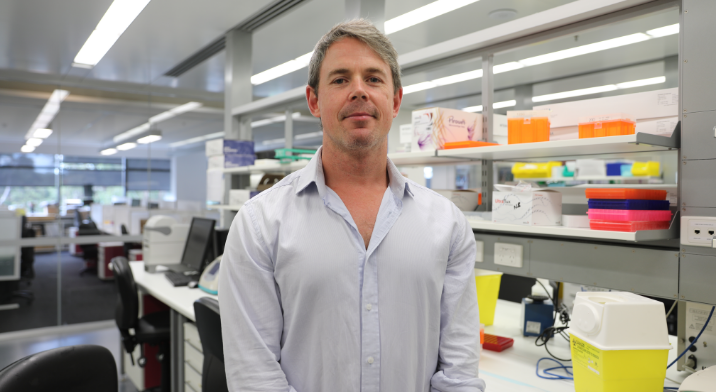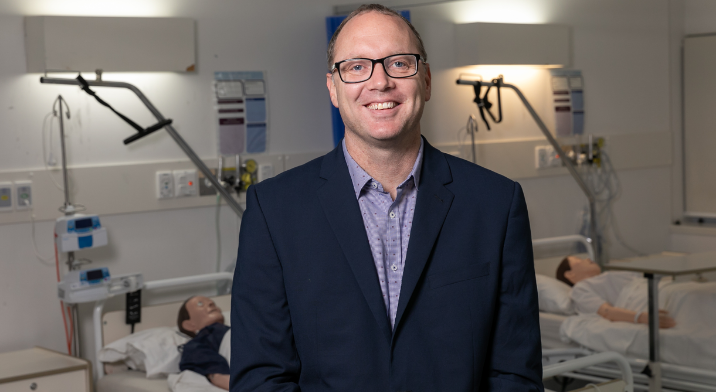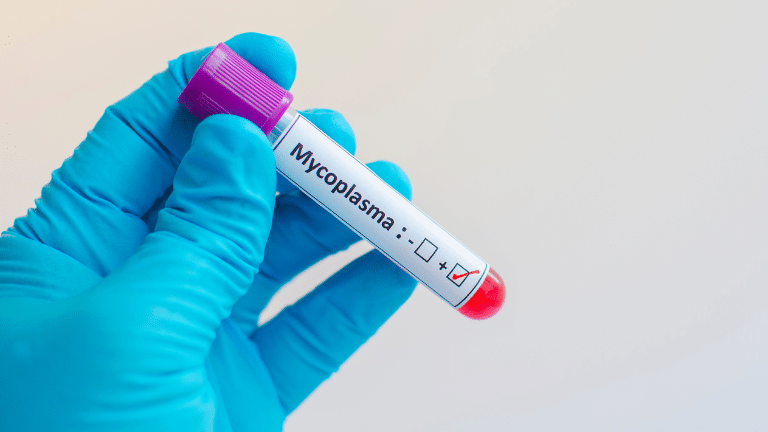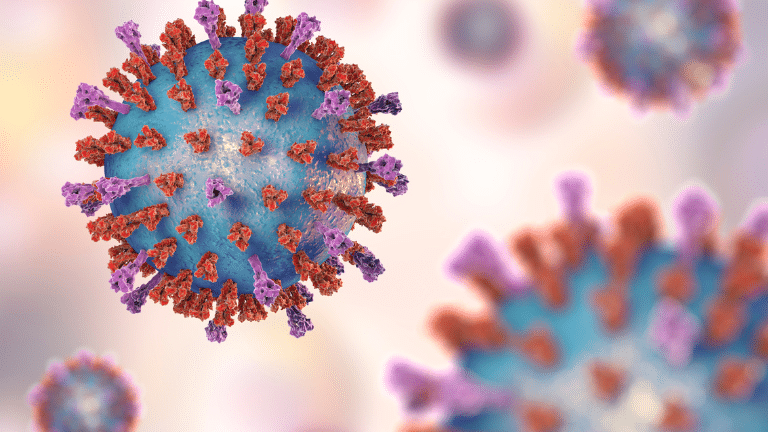Our Infection Research Program helps to better prevent, understand, and treat severe infectious diseases that impact our communities.
Infectious diseases present a significant threat to public health, a risk that is amplified by drastic changes in our environment and lifestyles. Factors such as population density, global travel, climate change and other environmental conditions all play crucial roles in the spread of infectious diseases.
In Australia, infectious diseases account for 2.5% of the total disease burden, with nearly everyone experiencing an infection at some point, from common colds to more severe conditions. While many infections are mild, they can lead to severe outbreaks and fatalities, as seen with the COVID-19 pandemic, which became a leading cause of death in 2022.
Moreover, infections are a leading cause of hospital admission, and infections transmitting in hospitals is also a challenge four our healthcare system.
Despite this, there is currently a lack of high-quality clinical evidence to guide the prevention and treatment of most infectious diseases.
The Hunter Medical Research Program’s Infection Research Program aims to generate high-quality clinical evidence around infectious diseases in order to reduce the impact of infectious diseases on our community health.
1.5+ MILLION
OF NOTIFIABLE DISEASES WERE REPORTED IN AUSTRALIA IN 2023
165,000+
INFECTIONS ARE ACQUIRED IN HOSPITALS IN AUSTRALIA EVERY YEAR
COVID-19
WAS THE 2ND LEADING CAUSE OF DEATH GLOBALLY IN 2021
Sources: Australian Institute of Health and Welfare, World Heath Organisation, NSW Health Clinical Excellence Commission
We're working to reduce the impact of infectious diseases on human health by addressing important evidence gaps in the diagnosis, prevention, and management of infections.
Our program aims to fill critical gaps in clinical evidence regarding infectious diseases.
Our research primarily utilises randomised clinical trials, the gold standard for evaluating treatments and prevention strategies. This rigorous approach is essential for developing effective protocols that safeguard public health.
Our program has expertise across four critical research areas:

Infection prevention and control
We’re addressing the critical challenges of antimicrobial resistance and the prevention of healthcare-associated infections.
Our research investigate innovative protocols and technologies to reduce the spread of infections in hospitals, helping to keep patients safe and healthy where they need it most.

Pandemic preparedness
We aim to strengthen our ability to detect and respond to infectious disease outbreaks through robust surveillance systems.
Our work includes monitoring respiratory viruses and developing effective response strategies to enhance community resilience in the face of future pandemics.
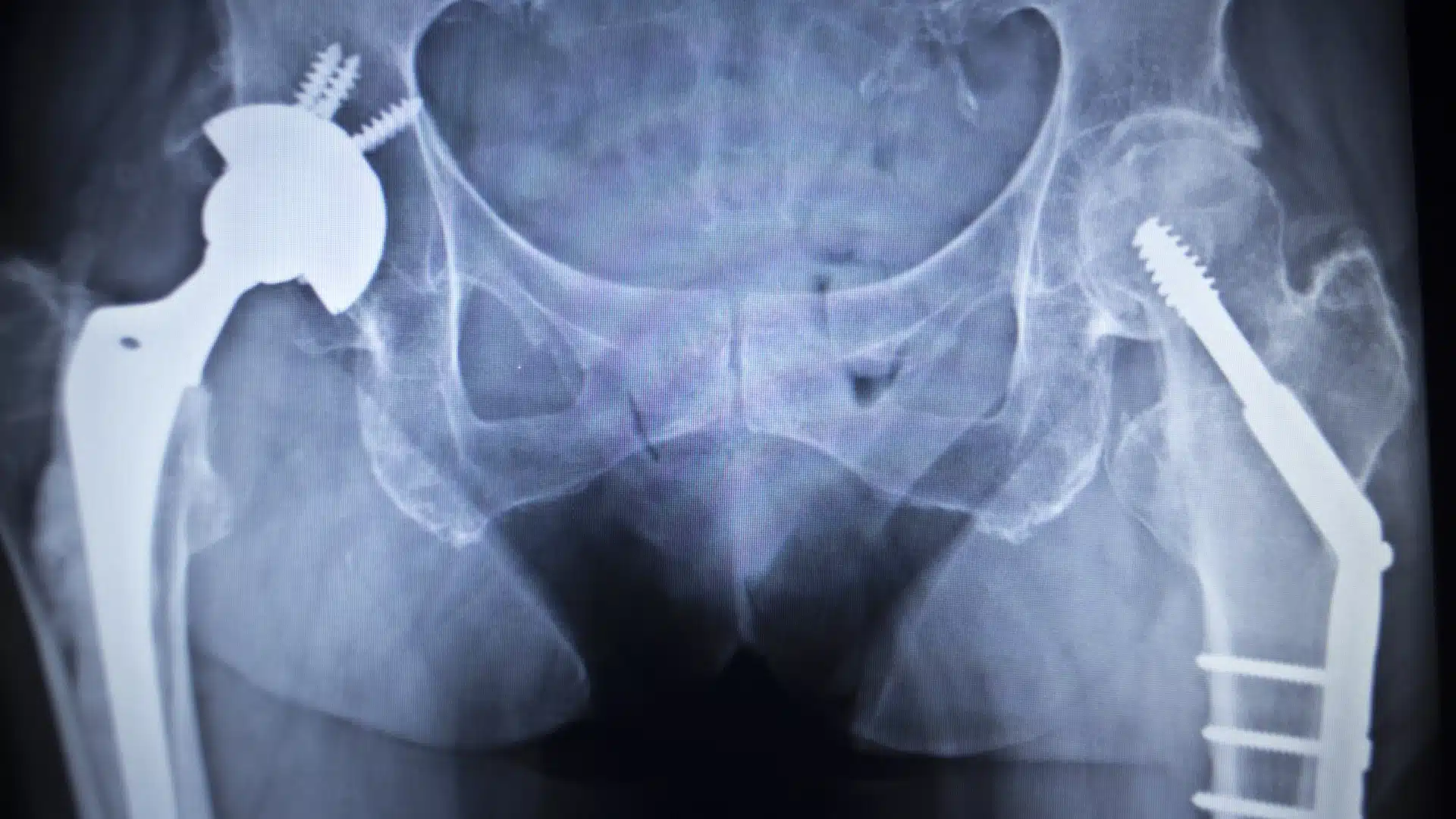
Severe bacterial infections
We’re researching conditions such as sepsis and prosthetic joint infections, aiming to improve treatment outcomes and develop effective management strategies.
By conducting randomised clinical trials, we seek to enhance our understanding of these serious infections and their treatment options.

Translational virus research
This research area focuses on understanding and treating viral infections, including COVID-19.
By translating scientific discoveries into clinical applications, we aim to develop effective treatments and preventive measures that can be rapidly deployed in response to emerging viral threats.

